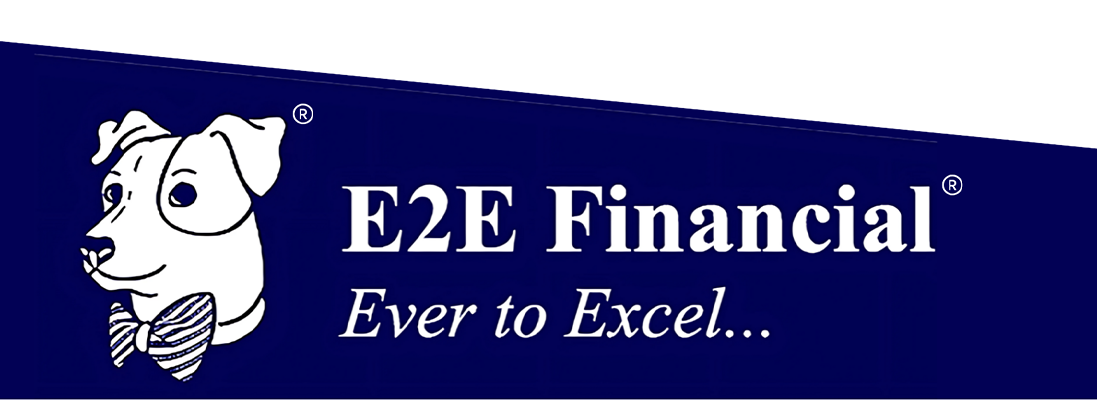Consumer Confidence Still High
The Conference Board was founded in 1916 by a group of CEOs “concerned about the impact of workplace issues on business, and with a desire for greater cooperation and knowledge sharing among businesses.”
Every month, the Conference Board compiles a survey of consumer attitudes on the economy in order to create its Consumer Confidence Index, which captures “consumers’ perceptions of current business and employment conditions, as well as their expectations for six months hence regarding business conditions, employment, and income.”
Consumer Confidence Holding Steady
On Tuesday, the Conference Board reported that its Consumer Confidence Index was steady in May, which followed a healthy gain in April. From the release:
“The Index now stands at 117.2 (1985=100), down marginally from 117.5 in April. The Present Situation Index – based on consumers’ assessment of current business and labor market conditions – increased from 131.9 to 144.3. However, the Expectations Index – based on consumers’ short-term outlook for income, business, and labor market conditions – fell to 99.1 in May, down from 107.9 last month.”
The Conference Board further reported that:
“After rebounding sharply in recent months, U.S. consumer confidence was essentially unchanged in May,” said Lynn Franco, Senior Director of Economic Indicators at The Conference Board. “Consumers’ assessment of present-day conditions improved, suggesting economic growth remains robust in Q2. However, consumers’ short-term optimism retreated, prompted by expectations of decelerating growth and softening labor market conditions in the months ahead. Consumers were also less upbeat this month about their income prospects – a reflection, perhaps, of both rising inflation expectations and a waning of further government support until expanded Child Tax Credit payments begin reaching parents in July.
Overall, consumers remain optimistic, and confidence should remain resilient in the short term, as vaccination rates climb, COVID-19 cases decline further, and the economy fully reopens.”
Consumer Short-Term Optimism Waned a Bit
- “Consumers’ appraisal of current conditions improved in May.
- The percentage of consumers claiming business conditions are “good” fell from 19.4 percent to 18.7 percent, but the proportion claiming business conditions are “bad” also declined, from 24.5 percent to 21.8 percent.
- Consumers’ assessment of the labor market improved. The percentage of consumers saying jobs are “plentiful” climbed from 36.3 percent to 46.8 percent, while those claiming jobs are “hard to get” declined from 14.7 percent to 12.2 percent.
- Consumers’ optimism about the short-term outlook waned in May.
- The percentage of consumers expecting business conditions to improve over the next six months fell from 33.1 percent to 30.3 percent, while the proportion expecting business conditions to worsen rose from 12.1 percent to 14.8 percent.
- Consumers were also less upbeat about the job market. The proportion expecting more jobs in the months ahead fell from 31.7 percent to 27.2 percent, while those anticipating fewer jobs rose from 14.4 percent last month to 17.3 percent in May.
- Regarding short-term income prospects, 14.5 percent of consumers expect their incomes to increase in the next six months, down from 17.4 percent in April. The proportion expecting their incomes to decrease also fell, from 10.5 percent in April to 9.3 percent in May.”
More Data Later This Week
More economic data will be released later this week, including MBA Mortgage Applications on Wednesday, GDP data on Thursday and Consumer Sentiment on Friday.




